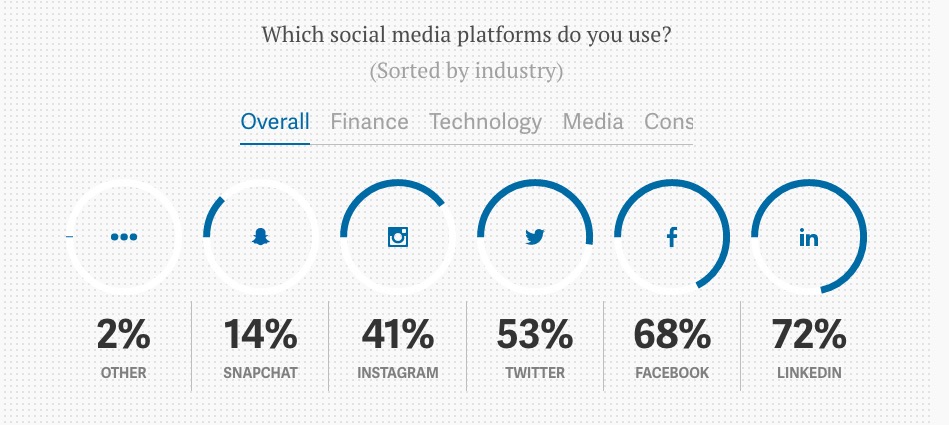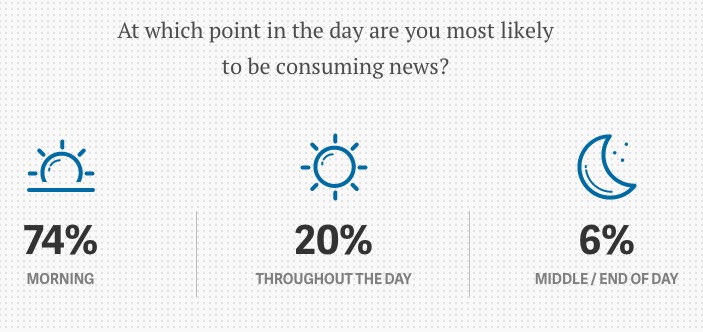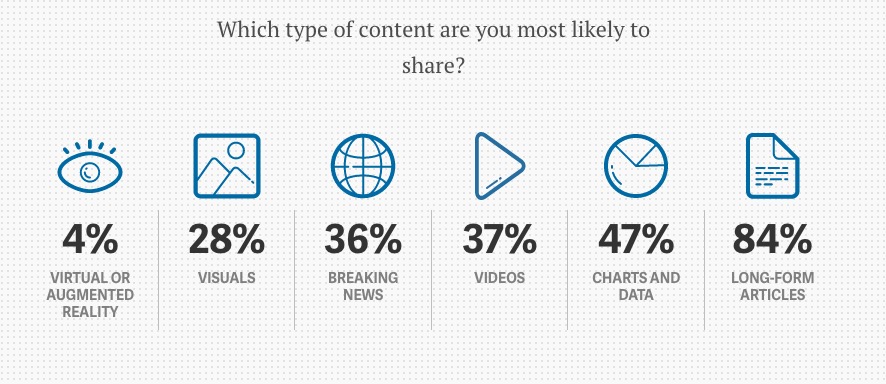More than half of business executives primarily access news on mobile devices and 60 percent purposefully use social media to find news, according to
a Quartz survey of 1,357 business executives in 97 countries that was released Thursday.
Fifty-nine percent of executives surveyed said they mainly consume news on mobile devices, an increase from 41 percent in 2014.

Eighty-nine percent of respondents said they use social media, but LinkedIn was the most popular social network among the executives, with 72 percent saying they were active on the platform. But when it came to specifically finding news, Twitter was the most popular platform, with 41 percent of respondents accessing news there.


Still, email was by far the most popular source for news: 94 percent of respondents said they got news via email newsletters. In 2014, 60 percent of respondents said an email newsletter is among the first three sources they turn to in the mornings for news. And even though news organizations are
rushing to produce video, only 46 percent of respondents said they get news from video.

According to the survey, 74 percent of executives said they mostly consumed news in the morning.

As discussions of “fake news” have come to the forefront of the post-election discussion, 89 percent of the respondents said they are cognizant of the sources of news they click on. Fifty-five percent said they click on links because they trust the outlet where it’s published and also because it is relevant to their work.
When it comes to what type of content is shared, 84 percent of executives said they tend to pass on longform articles. Just 37 percent said they share videos.

The survey was conducted by Quartz’s marketing department, and a hefty portion of it focuses on native advertising, which is central to the
publication’s business model. Quartz, which is owned by Atlantic Media, will undoubtedly be sharing the results with advertisers and potential advertisers, as the survey found that 84 percent of executives were “open to content from brands, as long as it’s high-quality and clearly labeled” and 74 percent “found the last piece of sponsor content they read interesting, informative, and valuable.”
The full survey results are available here.
Photo by
Kevin Case used under a Creative Commons license.
Show tagsHide tags





